
Reflector reports on the EU's legislative move to push the fifty or so national and regional HTA organizations in Europe towards greater cooperation.
Reflector is Pharm Exec's Brussels correspondent.

Reflector reports on the EU's legislative move to push the fifty or so national and regional HTA organizations in Europe towards greater cooperation.
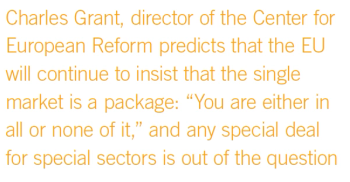
Is getting more clarity on Brexit ramifications for pharma and European public health really at the top of new-year to-do lists?
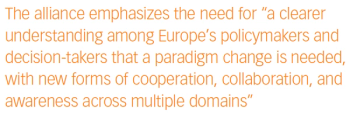
New action plan urges tighter alignment of public health policy with the development of targeted therapies.

Can health stakeholders be friends without being captives?
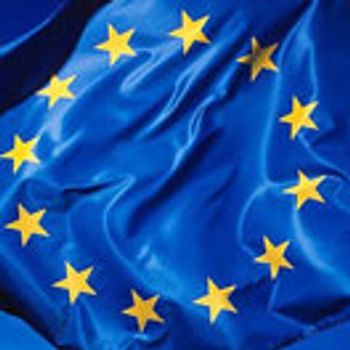
European Commission talks drug industry investment, health issues during State of the Union.

Reflector asks if the UK's newly announced post-Brexit life sciences strategy report is worth a look as a springboard to addressing future EU ties in healthcare, or just more bluster?
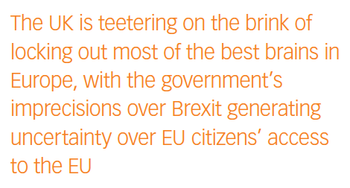
Is report worth a look as potential springboard to addressing future EU ties in healthcare-or just more bluster?

Last week’s EFPIA and EU Health Council annual conferences highlighted the growing divisions-and resentments-between industry and governments on drug pricing. Reflector reports.
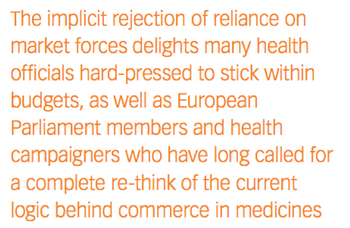
Several interventions and developments across the continent likely to keep discussions around drug affordability on high burn.
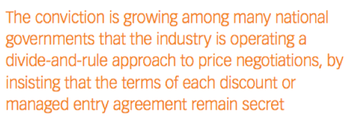
The recent EFPIA and EU health council conferences highlight the growing divisions-and resentments-between industry and governments in Europe.

In the hothouse atmosphere of European governments' anxieties over ever more expensive medicines, recent weeks have seen perspiration breaking out on the brows of ministers, officials and drug company executives, writes Reflector.

Grant-boosted Euripid pushes revitalized defense of external reference pricing system.

The external reference pricing circus has rolled back into town, promising another great European show. The fight-back comes via one of Europe's most obscure bodies, the European Integrated Price Information Database-better known as Euripid.

The European Commission's latest economic assessment of EU member states does not make for comfortable reading, writes Reflector.

The long-cherished dream of finding a European approach to assessing the value of new medicines seems to recede further with every step taken to pursue it, writes Reflector.

The pursuit of a harmonized European approach to assessing the value of new medicines continues to face roadblocks.

2016 has been the year of the unpredictable - and the uncertainties this has generated will multiply and dominate the agenda in Europe in 2017, writes Reflector.

The European Medicine Association is determined keep open all options on the future of drug approvals in advance of a crucial meeting in December, writes Peter O'Donnell.

Cancer treatment is an increasing dilemma for health services as they try to balance patient care against budgetary constraints.

The potential collapse of the CETA agreement jeopardizes EU’s overall trade footing.

Reflector outlines the obstacles ahead for Europe's revamped Innovative Medicines Initiative.

The chances are slim, but a new resolution in Europe on the subject could drum up support for a Brexit-like scenario.

Not yet, says Reflector. But to judge from the European Parliament's latest foray into the subject, there could be plenty of support for such an approach to this complicated subject.
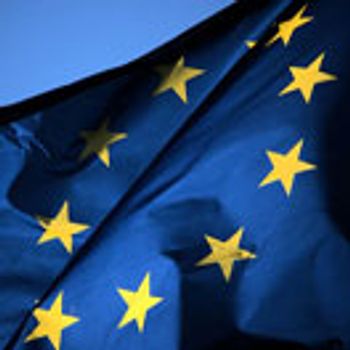
The UK's Brexit vote has unleashed turbulence in Europe - not least on its pharma sector. Reflector reports.

Radicals who wield real power at the EMA have gone public with their thinking about the role of regulators in the economic aspects of medicines provision – despite the decades-old EU taboo about linking pricing with authorizations.
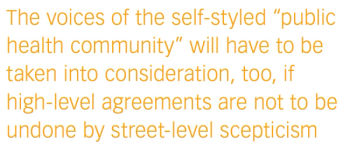
Top officials at EMA push the boat out on drug-pricing views.

The dilemma continues: Which medicines should Europe's health systems pay for – and how much should they pay?
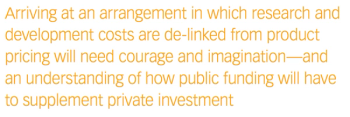
Altruism and self-interest are at the heart of European thinking on neglected diseases.

A new study spells out the many drug pricing problems in Europe just fine, but fails to address a central access issue-leaving its recommendations frustratingly limited for industry and policymakers.
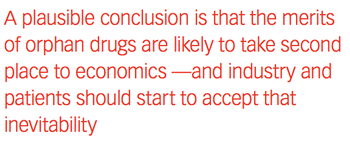
Europe’s contrasting views on rare disease drugs - one bashing pricing abuses, the other extolling their public health virtues - could ultimately leave these products out in the cold.